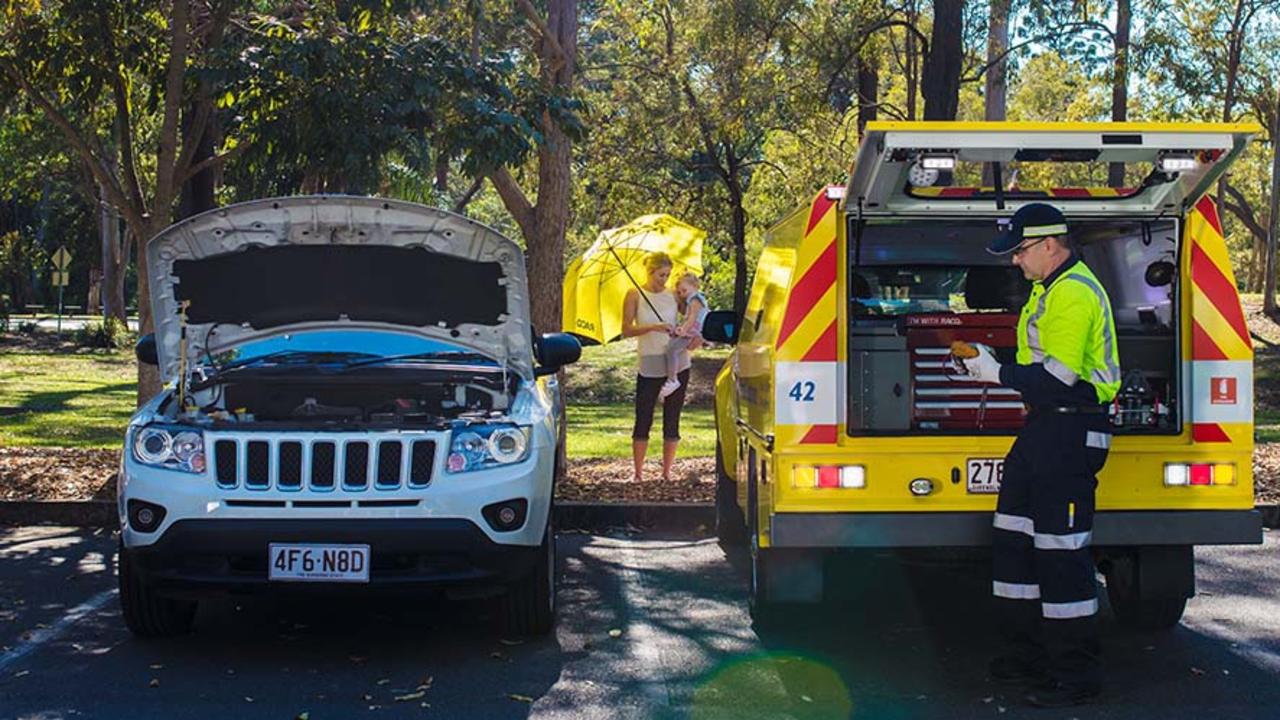Queensland has revealed the shocking number of children locked in cars last year
Nearly 1000 children needed to be rescued after being locked in cars in one state, as parents were issued a warning about safety.
Queensland has revealed the shocking number of children locked in cars last year.
A safety warning has been issued to car owners after 950 children were locked in vehicles in the state during the 2022-23 financial year, new data has revealed.
The latest figures from RACQ found patrols responded to more than 1,900 lock-in emergencies last year.
RACQ Chief Executive Assistance Glenn Toms said the call-out service had also received more than 2,000 calls from motorists every day during that same period.
“RACQ responded to an average of 87 jobs per hour across Queensland, 755,000 in total during the year, and helped get 92 per cent of drivers back on the road,” Mr Toms said.
“Concerningly, we rescued 950 children and 862 animals that were locked in vehicles.”

Mr Toms warned vehicle owners needed to be mindful when leaving a child or an animal in their car, even momentarily.
“As we head into the warmer months, we urge motorists to never leave children or animals alone in the vehicle, even if it’s just for a moment,” he said.
It’s an offence in Queensland to leave a child under the age of 12 unattended for an “unreasonable time” without making provision for their supervision and care.
A person caught doing so could face a maximum three years imprisonment.
Other states and territories have similar laws around leaving a child in the car unsupervised but the penalties vary.

Meanwhile, the RACQ data also revealed more than 269,700 Queenslanders had required assistance for battery-related issues, which was up by 1,000 on the previous year.
“This isn’t surprising,” Mr Toms said.
“Modern motor vehicles have evolved to improve environmental performance and have innovative features and technology that require a lot more battery power to operate.
“We also responded to more than 71,000 members with a flat tyre, 29,500 members who were locked out of their vehicles and 8,000 members who had run out of fuel.”






